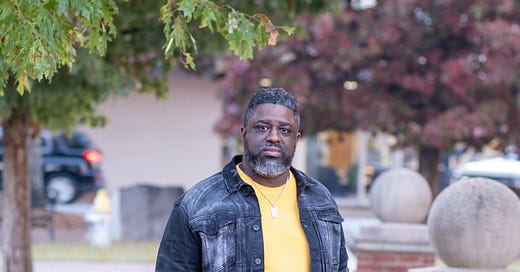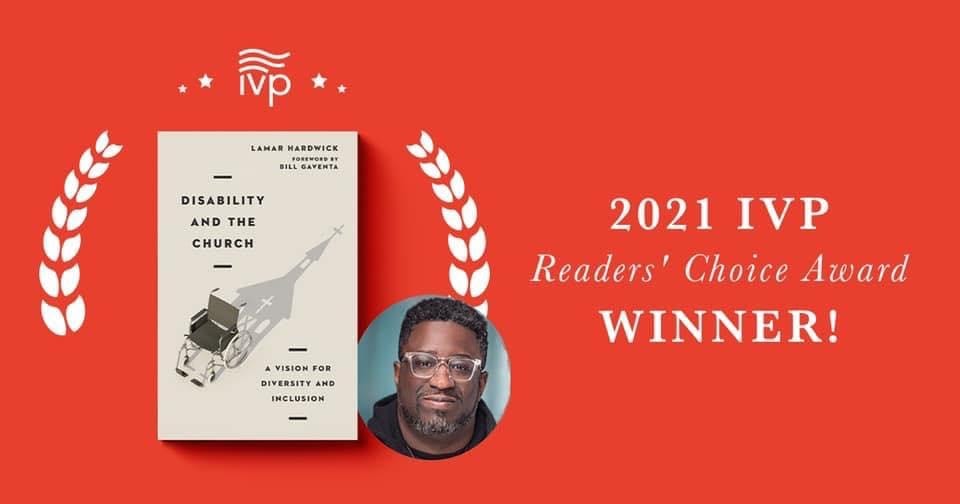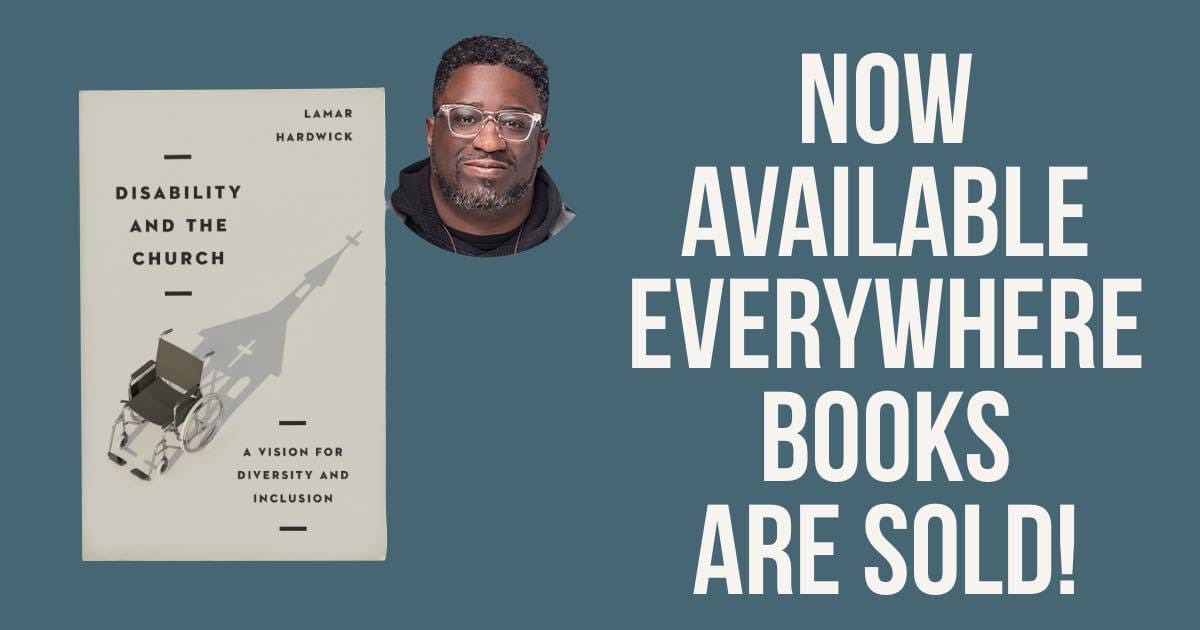Autism Parents: Why Forcing Social Interaction On Your Child Could Be A Costly A Mistake
A rereleased article from 2018
The following is an article I wrote for my own website autismpastor.com following my 40th birthday five years ago in 2018.
It showed up in my memories this morning in Facebook so I reread it. Five years later I wouldn’t change a thing that I said about this important topic so I’m rereleasing just a few days after my 45th birthday.
Trigger Warning: Abuse, Sexual Assault, PTSD
What I am about to share is perhaps one of the most honest and transparent pieces I have written to date. It is not easy to do, but I believe it is necessary and my hope and prayer is that as you read the words of this post you can use my story as a cautionary tale. To be clear I am not looking for sympathy as my story isn’t unique, but rather I am hoping to shed light on a topic that often goes undiscussed in the autism community.
Just a few days ago (June 5th), I celebrated my 40th birthday. I am grateful for making it this far and I am fortunate to have such a great support system and have grown up in a great home with two loving parents and three awesome siblings.
I was only recently diagnosed with ASD at age 36, just four years ago. After years of silently struggling I was diagnosed with Aspergers and with that knowledge I have spent the last four years untangling the complicated beautiful mess that is my life, but if I were to be completely honest, there are parts of that mess that I am still untangling and still haunted by.
I share the age and context of my diagnosis because it is important to know that neither myself nor my parents and family were aware of my ASD. My diagnosis didn’t change who I am and who I have always been, but it did confirm much of what I have always struggled with and further explained so much of why and how I have had to live life wearing a mask and pretending to be someone who I was not comfortable being.
Among all of the masks that I have been encouraged to wear over the years, the most frightening is the mask of being unafraid of social interaction. To this day I still wear it well but it is only because I am realizing the effects of having to wear it so long. To appear to be unafraid is to fear having an actual voice and a choice about what I do, who I do it with, and when I do it.
Autism is widely defined as a social communication disorder and while there are several other aspects to autism, the aspect that I want to focus on in this piece is the social aspect. Among all of the perceived deficiencies of autism social interaction seems to be the one that parents and practitioners spend the most time attempting to helping our children overcome.
I believe there is a place for assisting our children with the skills and tools to overcome some social barriers but as I am growing older and more reflective of my own journey living with an undiagnosed developmental disability, I am increasingly concerned that our attempts to help our children overcome their fear of social interaction my be placing them in danger. Some fear(s) may be appropriate. Some fear(s) may need to be refined but not removed.
Adults can sometimes overlook the very simple and subtle ways that we encourage our typical children to overcome their fear of interaction with others, and for those with children on the spectrum the felt need to force them into social interaction can be even more costly.
When children are young we unknowingly teach them to relinquish agency over their own feelings, instincts, and bodies by forcing them to engage in situations that may be unnatural and uncomfortable for them.
Give grandma a kiss. Sit on Santa’s lap. Give your aunt a hug. Say hi to the nice lady. Shake hands with this man. Share a bed with your cousin. Hold your sister’s hand. Take a picture with your grandpa.
Most of these actions are harmless unless you have a child that has a natural aversion to forced social interaction. Every moment that a child with ASD is forced to interact socially in ways that are anxiety provoking and uncomfortable for them inadvertently teaches them to override their ability to choose and to override personal agency over their bodies.
What we teach them is to ignore what makes you uncomfortable and acquiesce to the needs, desires, and intentions of others who have the right to invade your mental, emotional, and physical space for their enjoyment and pleasure. It teaches our children to wear the mask of being unafraid of social interaction even when they are internally uncomfortable with how their space and body are being used by others.
Parents often miss this. Predators however do not. There is a reason why children and adults with disabilities are more likely to be sexually abused and I believe that one of the greatest contributing factors is that many persons with disabilities are often placed in the predicament of having little to no agency over their own bodies.
As a young child I was sexually abused by the older sibling of a neighbor. This person introduced me to pornography and other adult content and took advantage of me. This happened when I was just 6 or 7 years old. There are only a handful of people who know this tragic part of my story. No, I wasn’t diagnosed with ASD, but predators know which children to pick. They know that children who have been taught to deny their own instincts and to relinquish agency over their own body are perfect targets.
That was me and while I in no way blame my parents or my family, I am now consciously aware of the how the stage was set for me to surrender. While I may not have had a choice on the surrender of my body simple because I was too young to defend myself, I was taught by society to surrender my voice in speaking up about it because I was taught by society to relinquish agency over my own body. I was taught that my body was not my own to decide what to do, who to do it with, and when to do it. I said nothing because I was taught that nothing was wrong with someone else using my body without my consent. I said nothing because society taught me that there was nothing wrong with what happened to me.
Like many children on the spectrum, I was taught to override my fear of social interaction, of unwarranted and inappropriate touch, and uncomfortable conversation all in the name of making me more socially acceptable to society. If you’re going to fit in, you must get over your fear of interacting with people.
But some fear(s) are meant to keep us safe. Some fear(s) should be refined but never removed.
As a 40-year-old man I still live with the trauma of being unintentionally taught to surrender my space and my body to a societal structure that demands that I remain silent about the types of interactions that make me uncomfortable.
The truth of the matter is that it doesn’t get any easier the older you grow. Every time I am socially pressured to shake a hand, or hug someone, or take a picture spontaneously, or answer a phone call, or chat with someone without warning or without it being my choice I have to relive the trauma of allowing the world to dictate to me how my body should be available for the use and pleasure of those around me.
I can not change my troubled past and I am working on my current healing but my word of caution, concern, and care to parents of children with ASD is to consider the cost of insisting and persisting in making our children fit in socially.
I know that it is not socially acceptable for them not to hug their relatives, or sit on grandma’s lap, or to take a family photo, or spend the night with a cousin, or give your father a kiss.
I know that it is sometimes viewed as being socially awkward when they don’t feel like talking, or laughing, or interacting but sometimes we have to learn to surrender to what may not be subjectively acceptable so that we don’t haphazardly surrender them over to abuse that is sinful and socially reprehensible.
I know we want to empower our children but if we must empower them for society, educate and empower them to know that they have a choice and that they have a voice in what they do with their bodies, when they do it, and who they do it with even it makes other people uncomfortable with them.
Protect our children.
Blessings
Pastor L #autismpastor






